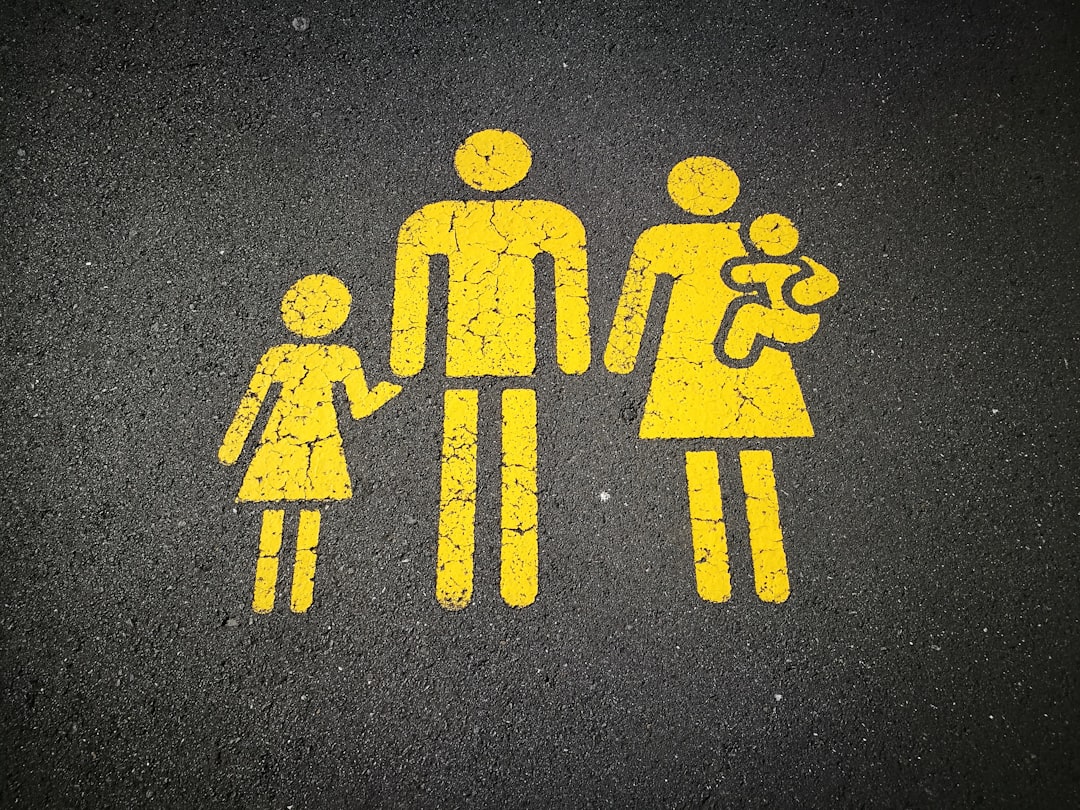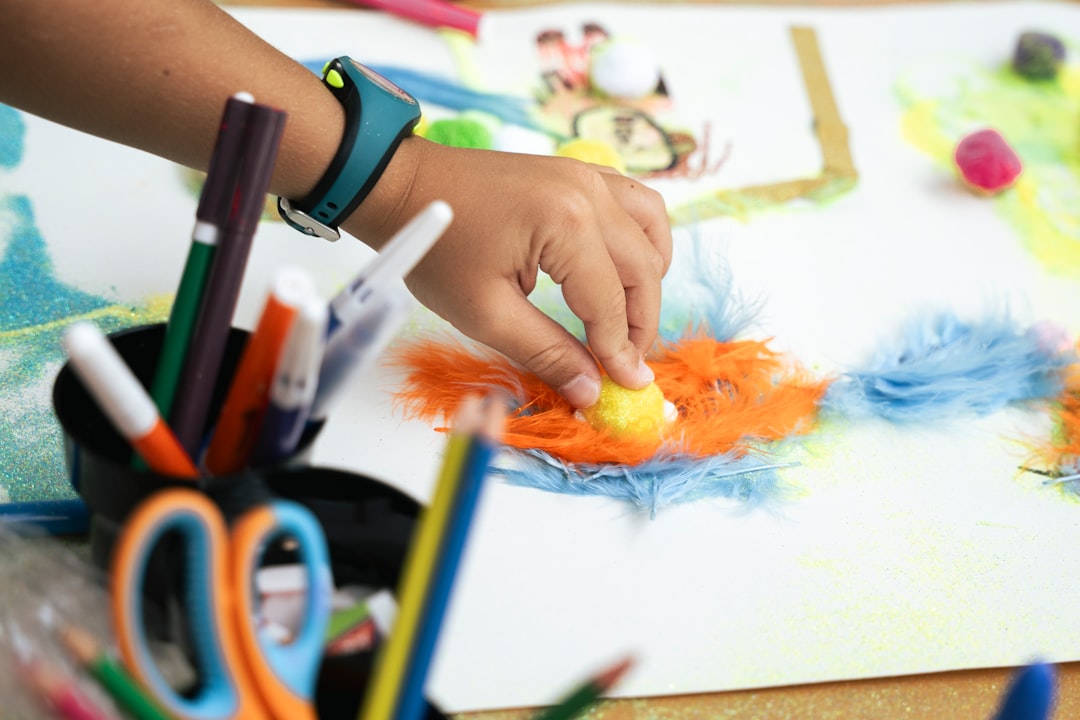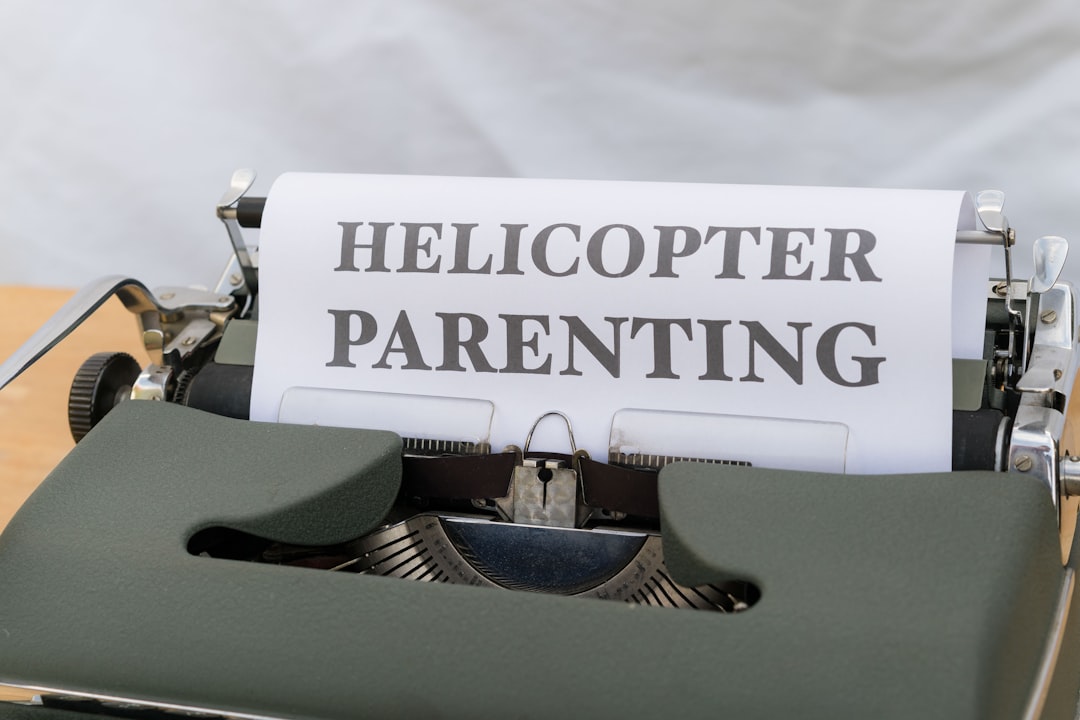In the intricate dance of raising children, the steps chosen by parents and educators significantly shape the future. As we delve into the 21st century, the debate intensifies around which parenting and education styles best prepare children for a rapidly evolving world. This exploration does not seek a one-size-fits-all answer but aims to shed light on various approaches, understanding that each family’s unique values and circumstances play a crucial role in this dynamic decision-making process.
The Foundation of Attachment Parenting
At its core, Attachment Parenting focuses on forming a strong emotional bond between parents and children. This approach advocates for responsive parenting — a strategy where parents are acutely attuned to their children’s needs. Supporters argue that this style fosters security and trust, which translates into well-adjusted individuals. Critics, however, may point out that it is highly demanding of parents and often impractical in households where both parents work full-time. In educational settings, this philosophy extends to teachers forming secure connections with students, thereby promoting an environment where students feel safe to explore and learn.
The Structured World of Authoritative Parenting
Balancing strict rules with emotional responsiveness, Authoritative Parenting combines the best of various styles. This method is characterized by high expectations coupled with support and acknowledgment of children’s feelings. Children raised under this style tend to exhibit self-discipline and think for themselves while maintaining respectful attitudes toward authority. In classrooms, this style can lead to structured but flexible teaching strategies that encourage students to be resourceful while adhering to guidelines.
The Freedom of Unschooling
A radical shift from traditional schooling, Unschooling is a form of homeschooling that advocates learner-chosen activities as a primary means for learning. Parents and educators who embrace this model trust in the child’s innate curiosity and ability to lead their educational journey. While it promotes a personalized learning experience and fosters creativity, skeptics worry about gaps in learning and lack of social interaction with peers.
The Rigor of Tiger Parenting
Originating from East Asian philosophies, Tiger Parenting is often characterized by a stringent focus on academic excellence and extracurricular activities. Tiger parents maintain very high expectations and implement strict rules to push their children to achieve high levels of success. While this method has produced many high achievers, it is also criticized for being too harsh and potentially leading to emotional and psychological stress among children.
The Collaborative Approach of Democratic Education
Democratic Education is a progressive model that emphasizes equality in the learning process. Students are given a voice in their education, including choices in what, how, when, and where they learn. This approach not only respects students’ opinions but also prepares them for real-world challenges by fostering critical thinking, decision-making skills, and social responsibility. It represents a shift towards more collaborative and inclusive educational practices.
Each of these parenting and education styles offers unique advantages and comes with its own set of challenges. The choice of which path to follow often depends on the child’s personality, family values, and long-term goals. As society continues to evolve, so too will our approaches to parenting and education, always with the hope of nurturing the next generation of thinkers, leaders, and innovators.




